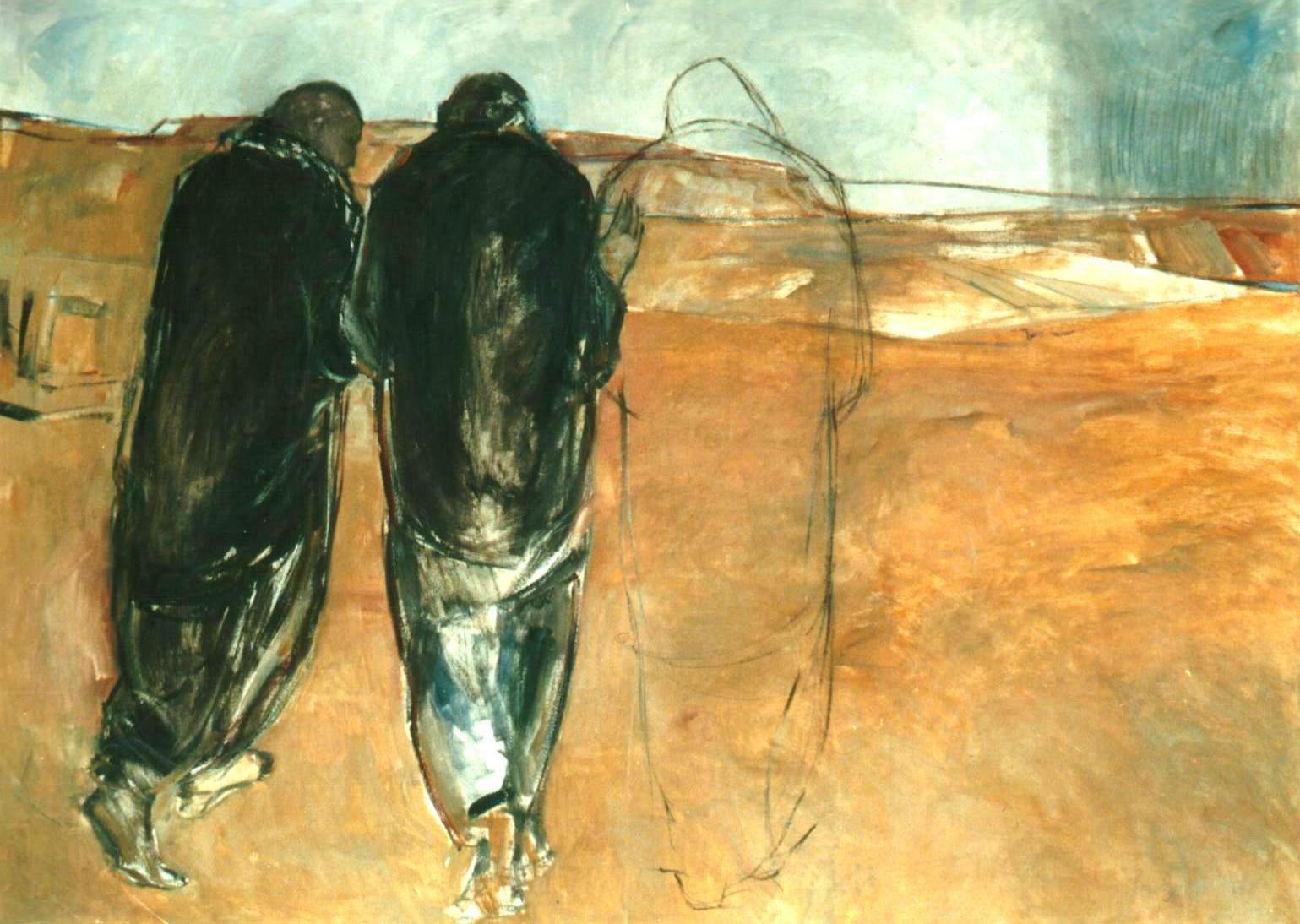Across social media, lots of us are trying to give some frame to this unexpected, out of our world experience of massive isolation brought on by the seriousness of this pandemic. We are all searching out images, metaphors, and narratives that will help us make sense not just of what is happening but where this is all going. Many are experiencing fear and anxiety around their ability to survive economically. Others are wrestling with being isolated, grieving the loss of a way of life that has been shaped by lively connections and interactions with friends and neighbours. For some, this imposed stopping and being still is, for the moment, a wondrous gift. There are so many different kinds of responses to this sudden, massive assault on ways of life that we’ve taken for granted.
In the midst of this, congregations are asking new questions: How to do on-line services? What does “preaching” look like when you have only a computer screen to address? Do singing and music work online? How do we share the communion/eucharist with one another? These are illustrations of how some of us are trying to respond to a disorienting crisis that seems to be undermining the very basis of our identity as Christian communities.
But others are asking different kinds of questions as well. There is a deepening sense that this virus is upending too many things we’ve just assumed and that there may not be a return to what has been. What if this pandemic has so disrupted our well-formed habits of life that we are now entering a new space none of us could have anticipated? What do we do? What does it mean to be God’s people when it seems like the roads we have so intentionally built are no longer going to carry us?
It is the gift of our tradition as Christians that when we find ourselves in these unmapped spaces, we turn to Scripture. We seek the Spirit’s wisdom in texts that speak into our situation, that open us up to the possibilities of the Spirit at work in disorienting times. We believe that one such text is this story of the two disciples on the road to Emmaus. These disciples are in disarray. They are filled with grief and confusion. All their expectations for the future lay shattered before a sealed tomb in which a crucified Jesus had been laid. There was no coming back from this ending. So they are returning to their homes, walking away from Jerusalem to … who could imagine. They just needed to get away somewhere and dwell in their grief. There is a lot of grief and confusion in this story around loss and fear. Then, they are encountered by a stranger who asks them about their grief. On the road, this stranger will not leave them in that grief but begins to tell another story, paint another picture until, at the end of the day around a table, these disciples’ grief is transformed by the revelation of the resurrected Jesus.
We believe this “Easter” text is being given to us as God’s people in this moment of upheaval and unraveling. We want to invite you to join us as we Dwell around this text seeking to hear and discern the ways the Spirit is calling us to be God’s people in this time.
For more about this ongoing conversation join the Facebook group here: Missional Commons

